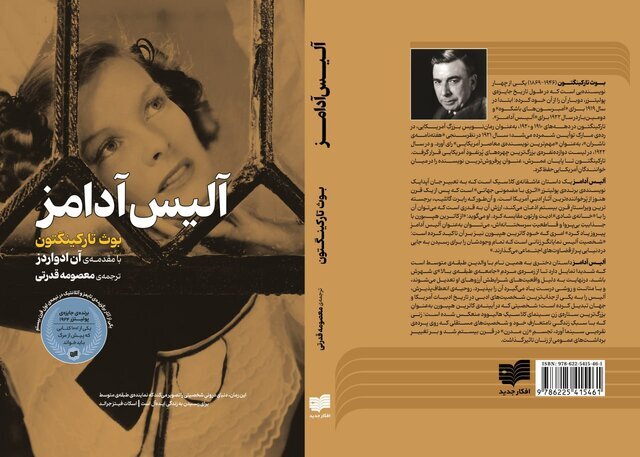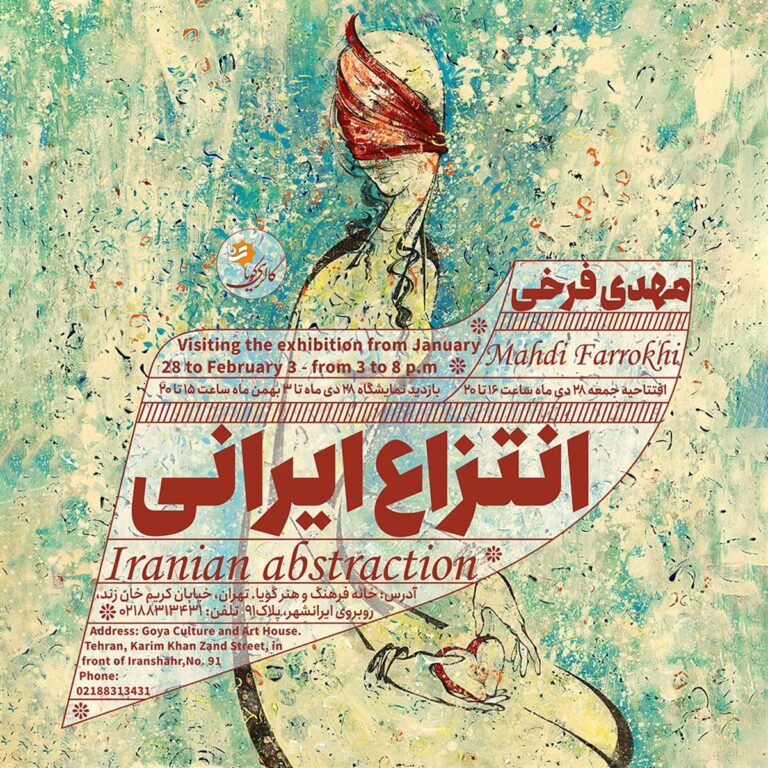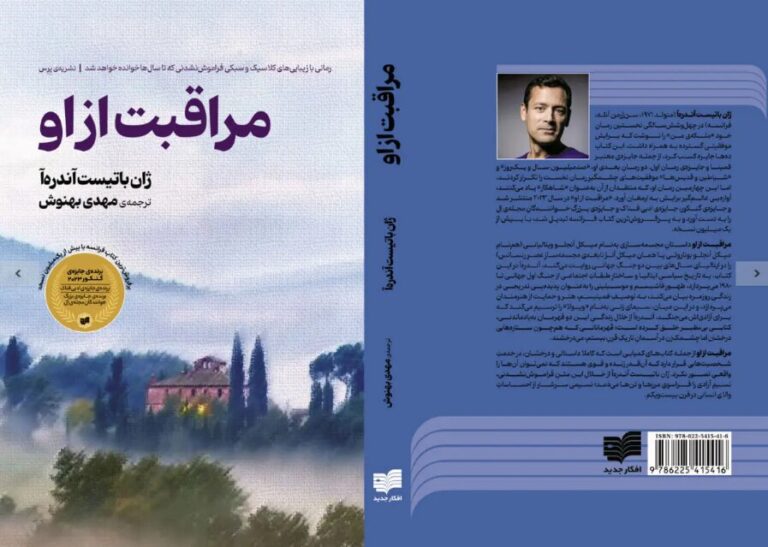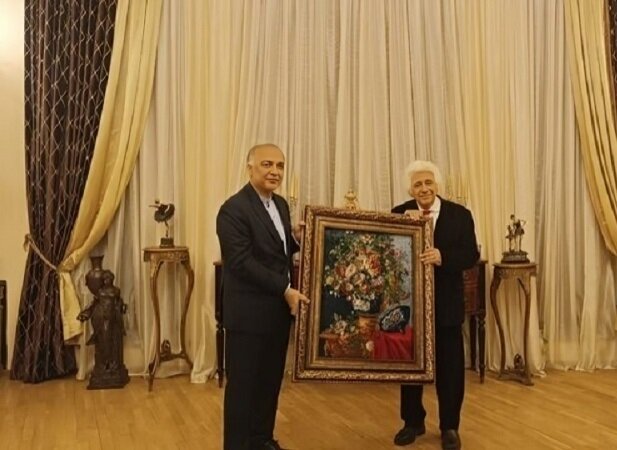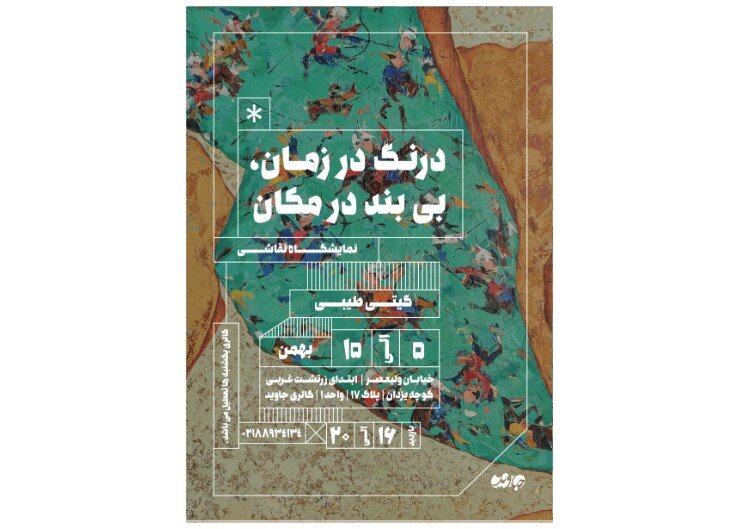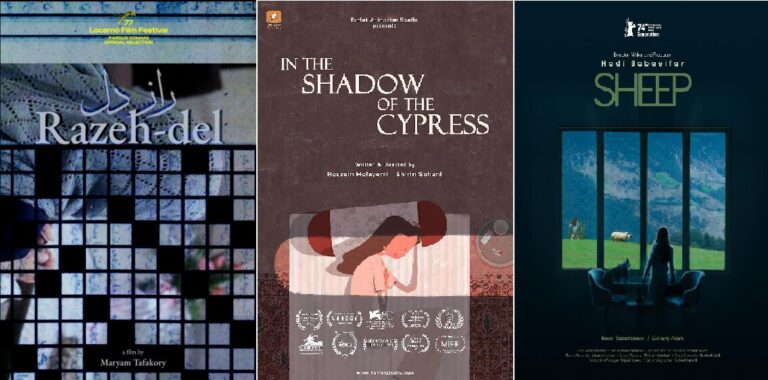Discover the Persian Edition of Booth Tarkington’s Timeless Classic ‘Alice Adams’
The recently launched Persian translation of the acclaimed 1921 novel, “Alice Adams” by Booth Tarkington, has made its way into the Iranian literary scene. Translated by Masoumeh Ghodrati, this edition is published by Afkar-e Jadid and spans 300 pages, as reported by ISNA.
Originally honored with the 1922 Pulitzer Prize, “Alice Adams” has a rich history, having been adapted into films in 1923 by Rowland V. Lee and more famously in 1935 by George Stevens. This timeless narrative centers around the protagonist, Alice Adams, a young woman yearning to ascend the social ladder and capture the heart of a wealthy suitor named Arthur Russell.
Set in a lower-middle-class household in an unnamed Midwestern town shortly after World War I, the story delves into Alice’s burning desire to fit in with the affluent members of society. However, her aspirations clash with the harsh realities of her life, leading her to learn acceptance with both grace and style. Alice’s tenacity and spirit render her one of Tarkington’s most captivating characters.
The novel intricately explores themes of social class, identity, and the relentless pursuit of personal success in post-World War I America. Alice’s journey mirrors the American myth of success, reminiscent of characters like Jay Gatsby. As she attempts to project an upper-class identity to win over Arthur Russell, she engages in various deceptions.
As Alice grapples with her family’s financial struggles and her own moral dilemmas, the narrative serves as a critique of societal pressures that equate a person’s identity with their material wealth. Tarkington artfully portrays Alice’s evolution from an idealistic romantic to a pragmatic realist, culminating in her decision to seek employment and embrace her true social standing.
Key themes and aspects of “Alice Adams” include:
- Social Class Dynamics: The novel captures the intricate relationships between different social classes and the impact of economic status on personal identity.
- Personal Integrity: Alice’s journey emphasizes the importance of staying true to oneself amidst societal expectations.
- Resilience of Spirit: Alice’s character embodies the strength to adapt and accept her circumstances while striving for her dreams.
Moreover, the narrative intricately weaves the lives of various characters, including Alice’s ethically challenged father and her troubled brother, to reveal the complexities of class dynamics and personal integrity.
Booth Tarkington (1869-1946) was a celebrated American novelist and dramatist, recognized as one of the few authors to win the Pulitzer Prize for Fiction multiple times, alongside literary giants such as William Faulkner, John Updike, and Colson Whitehead. In the early 20th century, Tarkington was regarded as the greatest living author in the United States, with numerous adaptations of his works into film.
During the Golden Age of literature in Indiana, alongside contemporaries like Meredith Nicholson, George Ade, and James Whitcomb Riley, Tarkington contributed significantly to the literary landscape. Despite his success during his lifetime, he is often viewed as an author whose influence waned after his passing.
The release of the Persian translation of “Alice Adams” not only brings Tarkington’s work to a new audience but also invites readers to reflect on the timeless themes of ambition, societal expectations, and the quest for identity that resonate even today. This new edition may inspire a resurgence of interest in Tarkington’s literature, allowing modern readers to engage with the complexities of class and personal integrity through Alice’s compelling journey.
In conclusion, “Alice Adams” serves as a profound exploration of the human experience, making it a valuable addition to both Iranian and global literature. The novel’s themes continue to resonate, illustrating the enduring nature of Tarkington’s insights into society and the individual.
